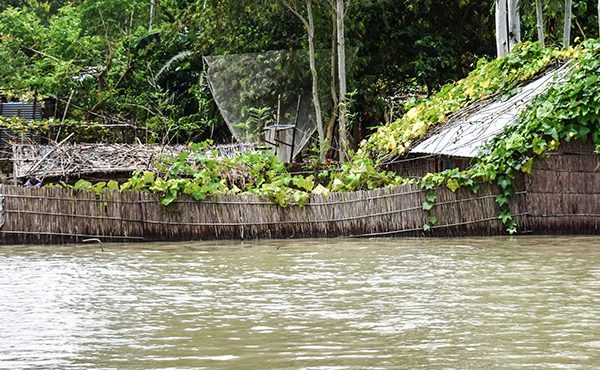As global leaders gather in Geneva, Switzerland, for the Global Refugee Forum on 13-15 December 2023, BRAC Global’s Executive Director, a global champion in safeguarding people on the move, is calling for policy direction and investment to address climate displacement and support adaptation initiatives in the global south. With the climate crisis unfolding into a global emergency, how do we support communities to build climate resilience?
The relentless march of the climate crisis is continuing its devastating impact on lives and livelihoods worldwide. Bangladesh is a poignant example – it is the seventh most climate-vulnerable country in the world, and 2,000 people migrate to Dhaka every day already. This influx is equivalent to transplanting the city of San Francisco in the United States to Dhaka each year, placing immense strain on one of the world’s most densely-populated cities.
The palpable impact of the climate crisis affects health, forces people and communities to seek new ways to survive – and causes unprecedented displacement. Climate-induced migration has surged by 40% in the past five years, and over a billion people are estimated to be forced to migrate by 2050. The consequences of being forced to move for survival know no borders, as evidenced repeatedly in Europe, the Middle East, Africa, and the Americas.
While regions like South Asia and East Africa, where BRAC has its largest programmes, have borne the brunt of the climate impacts for decades, the consequences are now reverberating in the regions most responsible for global warming. In 2023, Greece experienced record-high temperatures, leading to the evacuation of 30,000 people from Rhodes, marking the largest climate change-induced evacuation in Europe.

